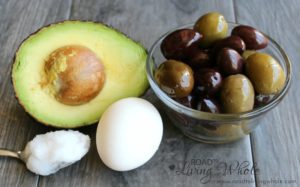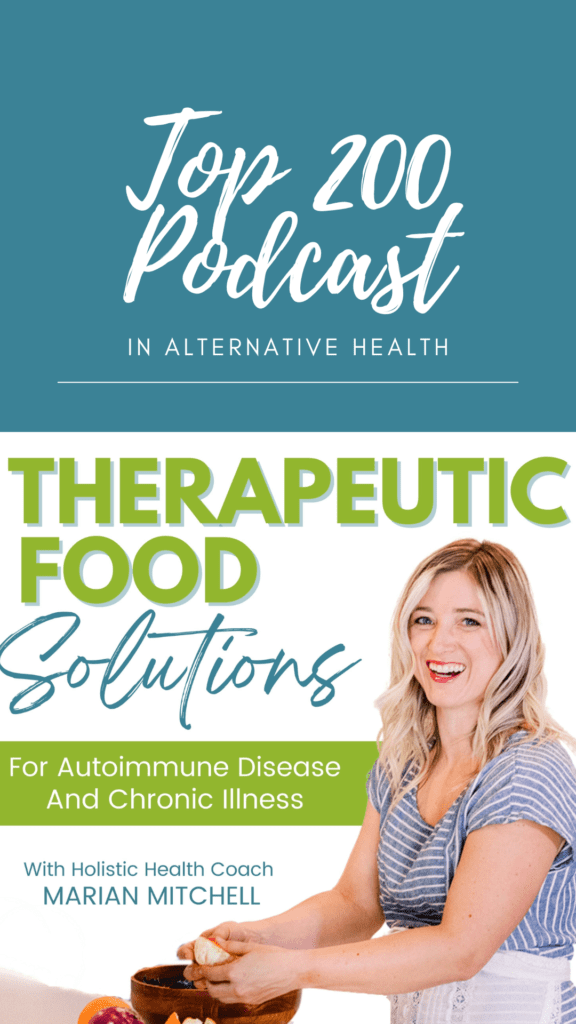Healthy skin is one of those things that we’re all after, but many people go about it the wrong way. Your skin is not just a layer that protects your body from the outside world, but it also works as a detoxifier that supports your inner organs. Our skin is a reflection of what is going on inside, so it should be our priority to ensure that our skin is as naturally healthy as possible. What can we all do to give our skin the head start it needs?
Focus on Anti-Inflammatory Agents
Inflammation is the buzzword we hear all too often, and to guarantee that our skin is fighting fit we’ve got to start increasing our antioxidant intake. On a medicinal level, we can introduce medicines like Hydrocortisone as a way to help with extreme inflammation, however, this is only on prescription. If we want to take charge and battle inflammation, antioxidants are key. The four main antioxidants that we need to introduce are vitamins A, B3, C, and E, which all help the skin. Antioxidants can be found in a whole manner of fruits and vegetables. The more diverse the color scheme of your diet, the better! Anti-inflammatory diets will limit free radical production which will improve your immune response and minimize damage to your skin cells. Antioxidants also work to prevent acne and reduce wrinkle formation, resulting in a youthful complexion.
Introduce Collagen to Your Diet
So many skincare experts are talking about the benefits of collagen these days. Collagen is a protein found naturally in our body that binds tissues together and can hold skin cells together. The benefits of more collagen mean you can heal quicker and your skin has a higher volume of elastin. As we get older, collagen production decreases, which is where having a collagen supplement can help to slow down the aging process. However, you can also get collagen from quality proteins in your diet. For those who are not vegan or vegetarian, a diet rich in chicken, fish, beef, and eggs can help increase your collagen.
Additionally, collagen can be found in bone broth, where you cook the bones to make a soup. But even those on a vegan diet can still increase collagen in the body by limiting inflammatory foods. If you have a diet high in trans fats and refined sugars, these can break down the collagen we have, causing dry and stiff skin. There are also other ways to combat collagen loss, such as stimulating lymphatic drainage. You can do this by having a facial massage; massage stimulates lymph fluids and improves blood circulation resulting in firmer skin.
Increasing Your Healthy Fats
 The topic of fat is still something that seems off-limits to many. Not all fats are equal, and not all fats are actually bad for you! Fats known as polyunsaturated and monounsaturated fats are found in foods like avocados, fish, and seeds are good for your heart, keeping your skin moisturized and firm. Fatty acids should be an essential part of our diet as they are essential for a number of processes in our body. These include:
The topic of fat is still something that seems off-limits to many. Not all fats are equal, and not all fats are actually bad for you! Fats known as polyunsaturated and monounsaturated fats are found in foods like avocados, fish, and seeds are good for your heart, keeping your skin moisturized and firm. Fatty acids should be an essential part of our diet as they are essential for a number of processes in our body. These include:
- Adequate function of our cell membranes.
- Maintaining the surface of our skin.
- Preventing excess water from evaporating from our skin surface.
Additionally, Omega-3 fatty acids can help with some of the following:
- Reduce skin redness after sun exposure.
- Preventing sunburns.
- Can potentially minimize certain symptoms of dermatitis.
Finally, these fats are also great for your heart. So many people refer to the Mediterranean Diet as the fountain of youth, and when it comes to your skin, there is a lot of evidence to support this.
Looking After Your Gut Microbiome
There are many references in health circles to the “gut-brain axis,” but there is also the connection between the skin and the gut known as the “gut-skin axis.” If you’ve ever noticed yourself breaking out in acne after a spate of unhealthiness, it is because when the digestive system has issues removing toxins, it looks to your skin to take over. If you eat things that don’t agree with you, you may see redness on your skin. If you consume a lot of dairy or gluten this could immediately result in eczema or dermatitis. Because the gut microbiome needs sufficient nutrients to keep its gut flora intact, the right diet and lifestyle are pivotal.
Having a solid balance of the right bacteria is crucial for the gut and the skin. Good bacteria are found in high fiber foods, known as prebiotics. There are also plenty of probiotics such as kimchi and sauerkraut that can feed your gut bacteria. Additionally, if you are already adhering to a gut microbiome-friendly diet by limiting processed foods and refined sugar but you are still experiencing issues with your skin, you may also want to look at your sleep and your stress levels. If you’ve recently experienced high levels of stress or you’re not sleeping enough this can cause changes in your gut bacteria. If you focus on having an anti-inflammatory diet that’s high in fiber this will help.
Also, when it comes to the skin microbiome, you also have to be gentle. If you use harsh scrubs and soaps, this can remove some of the essential bacteria and oils necessary for your skin microbiome. Being gentle on your skin by washing with lukewarm water can help, but being gentle on your skin is absolutely pivotal.
Hydration: The Most Essential Solution
Water is important for so many functions in our body, but we have to remember that the water we consume hydrates our organs before it hydrates the skin. This is why there are many products that talk about “locking in” moisture, as these contain humectants that pull water into the skin, getting rid of dry patches and softening fine lines. Having more foods that are rich in water as well as an extra glass of water every day can make all the difference. Foods like strawberries and watermelon will help. You also need to reduce your refined sugars and alcohol. Although many people know alcohol dehydrates, sugar does the same thing.
Cleanse and Exfoliate
In order to have healthier, radiant skin, we have to work from the inside out, but cleansing and exfoliating just help things along. Exfoliation can reinvigorate your skin but as long as you don’t do it all too often. It’s recommended you exfoliate between two and three times a week as they can cause micro-tears on the surface of your skin which can strip the protective layer away. Cleansing is crucial to cleaning out your pores and removing dead skin cells and ensuring you find the right products for your skin type is so important. Everybody is different and this is why everybody’s skincare routine looks different. Some people have oily skin, and others are extremely sensitive, but many people have a combination. You’ve also got to remember the internal components that have an impact on your skin, for example, the amount of melanin in your body and your microbiome can have an impact.
Having a rich diet is key to achieving better skin but you also need to look at how you take care of your skin while also giving consideration to the external stresses in your life. Because your skin is so important and is the litmus test as to whether you are healthy or not in so many aspects of your life, focusing on helping your skin from the inside out is the most important place to begin.









